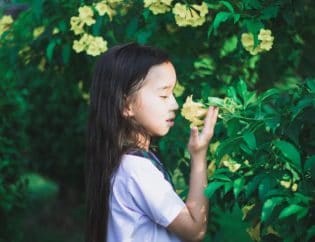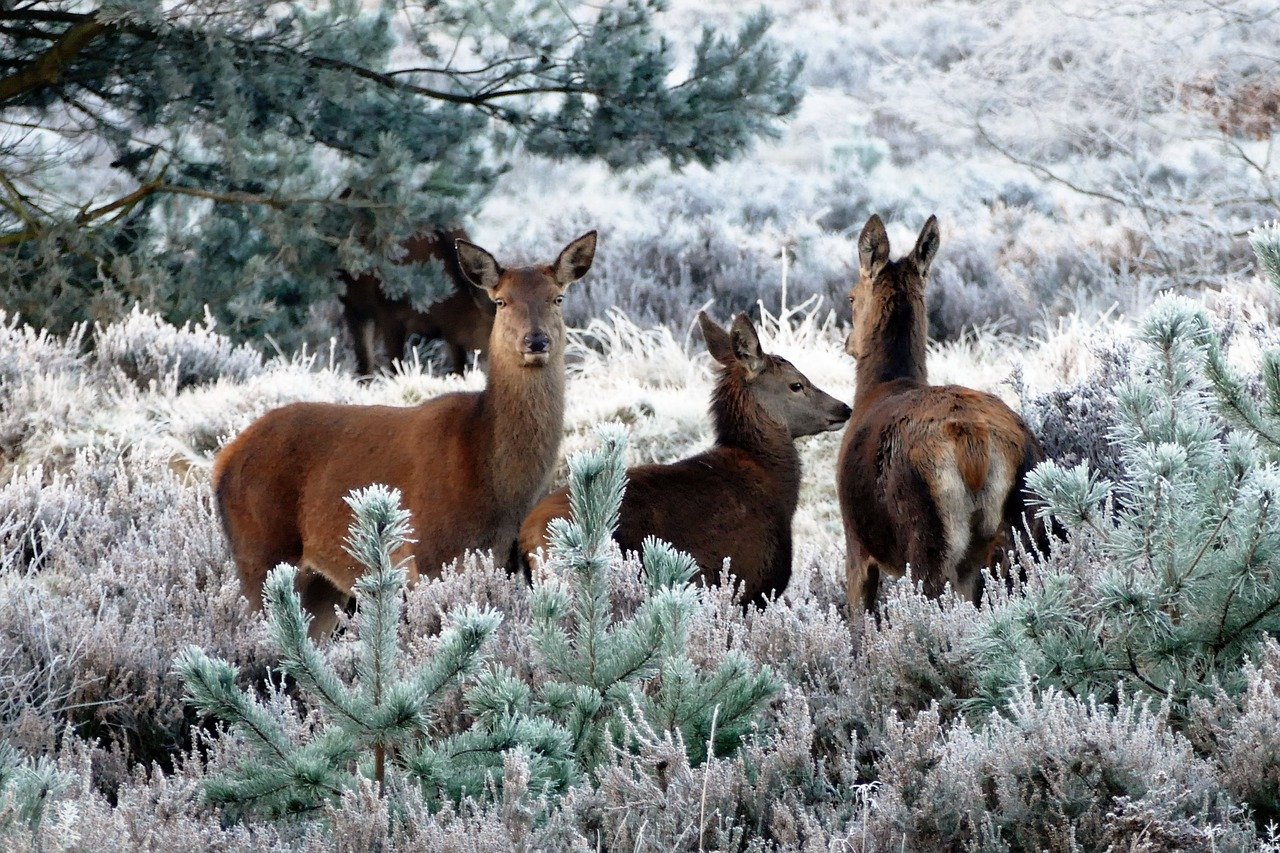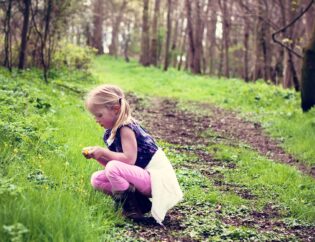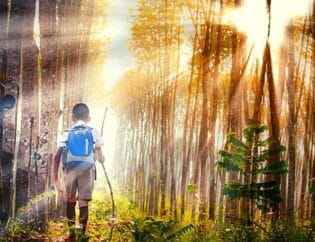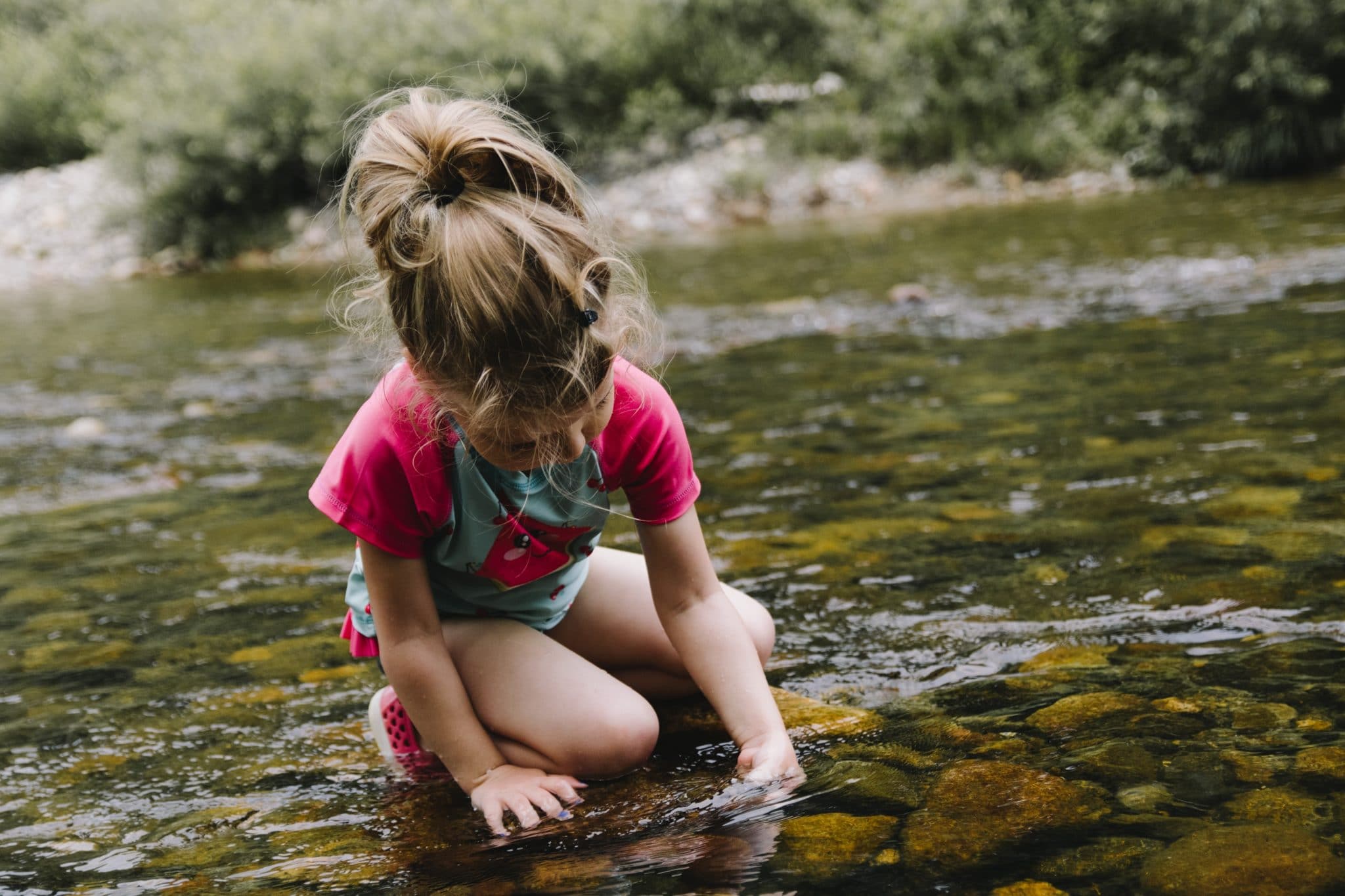
Call it parental instincts or call it common sense. Parents know that nature is good for kids.
Yet it was only fairly recently, that the scientific community sought to verify these instincts and observations. Luckily today, it's not hard to find studies that make a claim related to the benefits of nature on children's learning and development. In fact, there are a large number of studies but many are poorly designed and, unfortunately, overreaching in their optimistic claims.
Recently, a team of researchers decided to take action and gain some clarity on the question, "Do nature experiences promote learning and child development?" Supported by a grant from the NSF and a strong network of experts to tap, the team performed a thorough review of a wide array of studies.
The studies covered topics ranging from nature in the inner city, to the study of nature's effects on Attention-Deficit/Hyperactivity Disorder or the impact greenness has on test scores. At the end of their deep dive, they answered the question with a resounding "YES!". Nature does promote learning in children in both direct and indirect ways. Nature can help a student feel more attentive, less stressed, more self-disciplined, more engaged, more interested and more physically active and fit. And it can also provide a calmer, quieter, safer, warmer, more cooperative setting for learning.
Author study Cathy Jordan explained in an interview, "We often think about nature or greenery as a pleasant backdrop, but it can be so much more. As my colleagues and I reviewed the published academic literature, we found evidence that nature has a restoring effect on attention; improves self-discipline; reduces stress; increases physical activity and fitness and promotes motivation for and engagement in learning. All of these effects have been shown to improve learning."
One of the most valuable applications of the research was to help explain the mystery of how even small doses of nature can have surprisingly large effects. The key to the puzzle lies in how these effects work together, in a student and in a classroom. Nature exposure might make a student not only more attentive but also less stressed and more interested in learning. And if you have a whole classroom of students who are less stressed and more cooperative, attentive, interested and absorbed, you can begin to see how the individual and classroom level impacts multiply.
The researchers identified these eight distinct pathways through which experiences with nature benefit students.
Better Attention
It perks up mentally fatigued adults and children and helps kids concentrate. Whether just a view from the classroom of a field trip, nature has a proven rejuvenating effect on attention
Stress Relief
Nature is undoubtedly a great stress reliever. You don't need a trip to Yosemite. Just a window view of greenery from reduced heart rate and self-reported stress in students.
Boost to Self-Discipline
Greater self-discipline in children with ADHD, learning disabilities or neurotypical children is commonly cited in the scientific literature.
Motivated Students
Studies show that learning in nature may improve motivation most in those students who are least motivated in traditional classrooms. Experts believe these effects are due to nature's reliably positive effects on mood and lead to a general increased interest in school and reduced absenteeism.
Fitter Kids
Children tend to be more physically active in nature-based learning and particularly nature play. This can improve fitness, control weight and possibly reduce risk of chronic diseases related to being overweight. Simply greening school grounds can counter children's trend toward decreasing physical activity as they approach adolescence.
Build Better Relationships
Greener environments are calmer and quieter and foster warmer relationships. Add in "loose parts" and relative autonomy for a true learning boost.
Calmer, Quieter, Safer Places for Learning
The calmness and peace of a natural environment have been tied to greater student engagement and academic success Nature also reduces disruptive or aggressive behaviors, many of the behaviors that lead to kids missing outdoor time ironically.
Foster Warmer, More Cooperative Relations
Maybe its because it's less restrictive and freer, but learning in nature brings out cooperation and comfort between students and teachers.
More Autonomy & Creativity
Children's play becomes more creative, physical, and more social when you add in loose parts like sticks & stones.
Next up...
The authors plan to dive deeper. The team has proposed a research agenda to drive the next chapter of research on nature-based learning.
The team also hopes to gain insight into such questions as to whether decreased stress, improved attention, or enhanced engagement might explain the relationship between learning in nature and academic success.
But one of their biggest goals is to help create optimal conditions for nature-based learning, addressing practical questions about how to prepare teachers to work successfully in nature and how to support their adoption of this approach.



